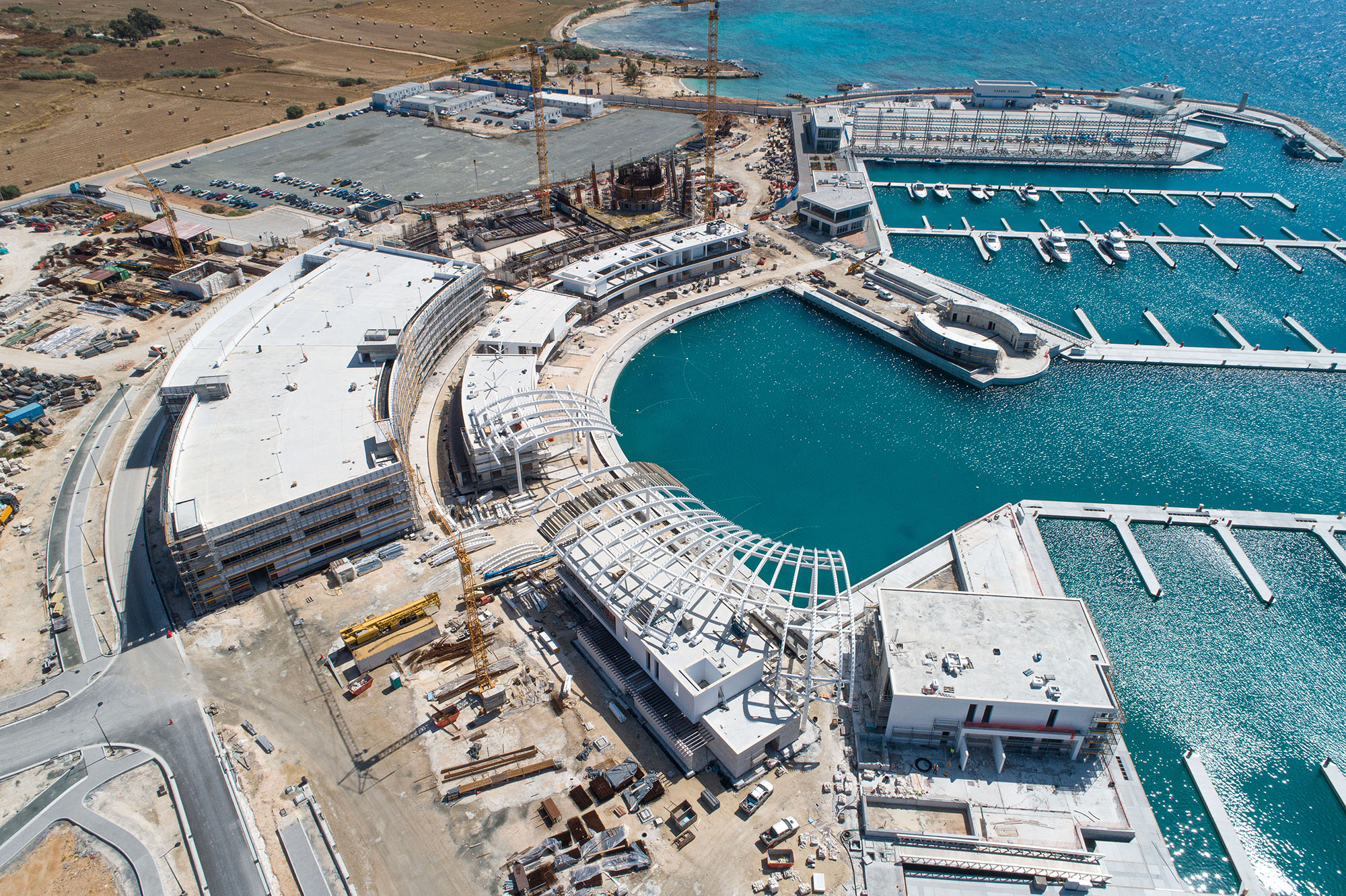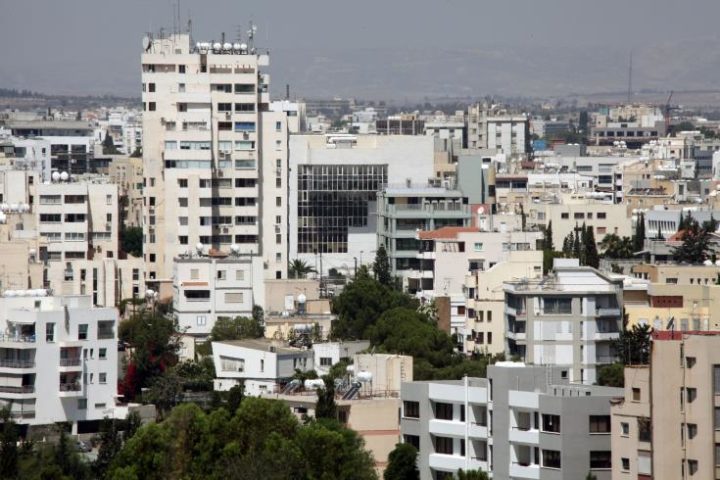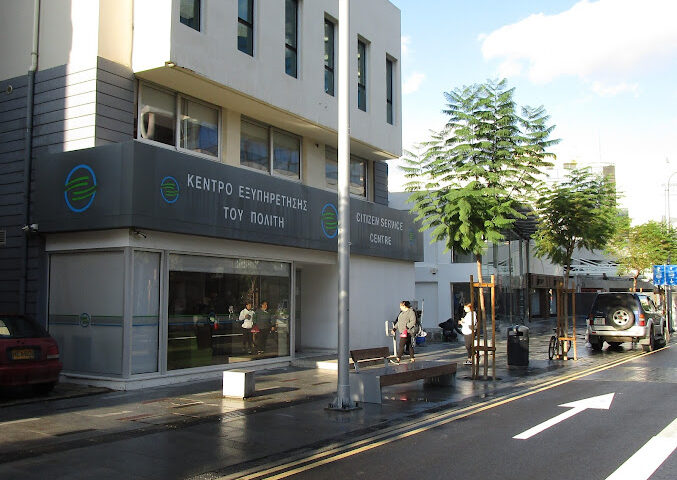By Pavlos Loizou
The real estate sector poses one of the biggest questions for 2021.
The repeal of the Citizen by Investment Programme (CIP), the consequences of the pandemic – economic and social – and the general prevailing uncertainty render any predictions extremely difficult.
However, an in-depth analysis of data from previous months can help draw some important conclusions that can steer the market when making relevant decisions.
Following WiRE FS analysis, when looking at the volume of transactions, it is safe to assume that Cypriot buyers constitute a constant, which shows an upward trend.
While the average of the sale contracts submitted by Cypriots in the first quarter of 2018 stood at 48% of the total, an upward trend has been recorded since then, exceeding 60% from June 2020 and onwards.
In fact, in the last four months of 2020, the volume of contracts for sale submitted by Cypriots corresponded to 66% of the total.
The increase is not only attributed to an upsurge in purchases made by Cypriots, but also to a decrease in the purchases made by foreigners coming from countries outside the EU.
Indicatively, the percentage of sale contracts submitted by non-EU foreigners presents a substantial decrease.
While the average percentage in the first quarter of 2018 was at 36%, it fell to 20% in the last three months of 2020.
The sharp decline was first observed in July and it is more likely to be related to the events surrounding the Cyprus Investment Programme rather than the consequences of the pandemic.
In October, for example, the last month in which the investment programme was in effect, the contracts for sale by third-country residents soared by 81%.
As far as the sale contracts submitted by foreigners coming from outside the EU, their percentage over the total has historically been fixed at around 15%.
The recent shortcoming of the Nicosia district to attract foreign buyers seems today to have become an advantage since the total volume of transactions is constantly increasing.
Despite the lockdown, more contracts for sale were submitted in 2020 than in 2019.
On the other hand, in Limassol, if we compare the average of sale contracts submitted by non-EU foreigners in the first quarter of 2018 (91) with the last quarter of 2020 (66), a decrease in the region of 25%-30% is recorded.
What is more, at the end of 2020, the average is substantially increased by the sale contracts submitted in October (last month of the CIP programme), reaching 104, while they fell to 60 and 34 in November and December, respectively.
The Larnaca district portrays a similar situation, where for the same period, the decrease in purchases from non-EU foreigners was also in the region of 25%-30%.
However, in Larnaca, a steady increase has been recorded during the entirety of 2020 except for the lockdown months.
In the Paphos district, submitted contracts for sale by non-EU foreigners present a decrease in the region of 40%, in comparison to the average of the first quarter in 2018.
The situation in the Famagusta district is also similar, however, the numbers are quite small to draw any firm conclusions.
Sale transfers remain stable
When it comes to sale transfers of properties, from the start of 2018 to the end of 2020, the value of transfers recorded amounted to €9.1 bln.
It is important to note that while there were more transfers in Nicosia (15,276) than in Limassol (13,777), their value was substantially higher in Limassol; almost €2.5 billion in Nicosia, over €3.2 bln in Limassol.
The comparison between Larnaca and Paphos is also interesting to observe since while the number of properties transferred was relatively close, the value of transfers in the Paphos district was substantially higher.
Specifically, the average value of transfers in Paphos was €175,000, while Larnaca was €127,000.
Regarding sale transfers, a return to pre-pandemic levels, or even an increase, was observed after the April/May lockdown influences optimism, a trend that could be justified on the basis that buyers temporarily froze transactions or because of delays in procedures.
What can we expect from 2021?
The 1-million-euro question has no easy answer, nor can any substantially accurate predictions be made.
The time it will take for normalcy to return to society and the economy is also an important consideration.
What it will be safe to assume, considering the data analysed above, is that the situation will be more stable in the areas where the market depends more on Cypriots.
In contrast, there will be a great deal of uncertainty in areas where foreigners traditionally constituted the biggest percentage of buyers.
The pandemic, the repeal of the CIP, the poor reputation the country has once more managed to acquire and of course Brexit promise another tumultuous year for the real estate sector.
| Average Sale Contracts
|
||||
| Buyers | Locals | EU Countries | Non-EU Countries | Total |
| January-March 2018 | 349 | 106 | 254 | 710 |
| October-December 2020 | 553 | 122 | 166 | 841 |
Data from the Department of Lands and Surveys, Processed by WiRE FS
Pavlos Loizou is Managing Director, WiRE FS










